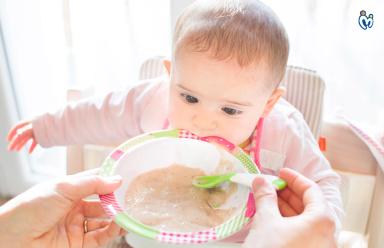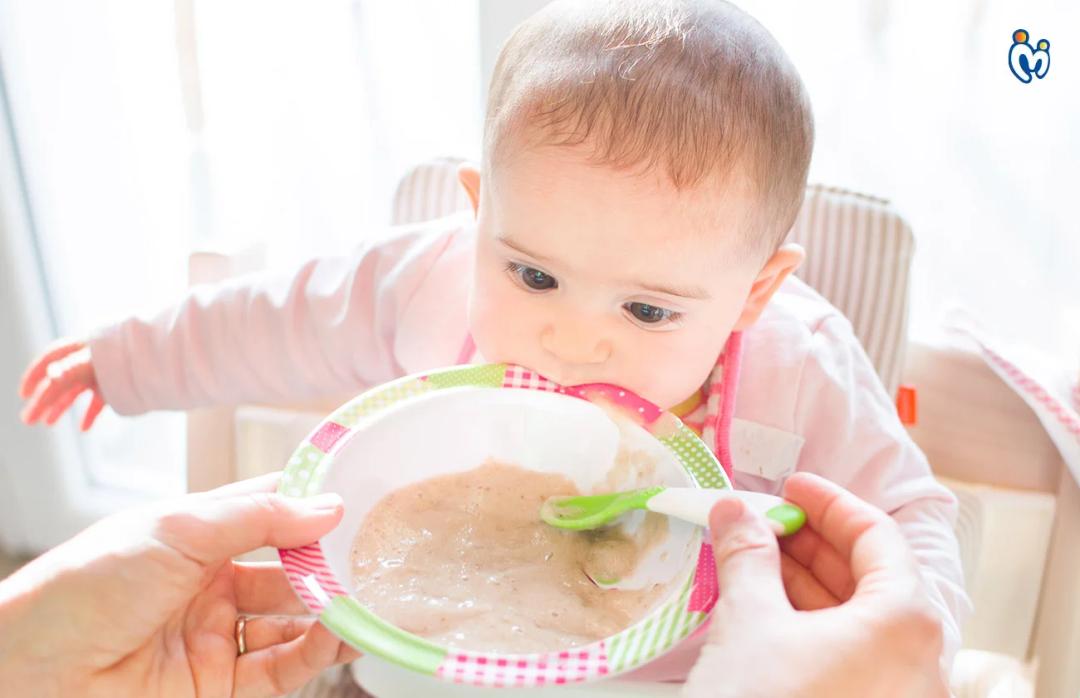It is strange when you talk about kids disliking meals. Yes, it has been a struggle with my elder kid because he was a very fussy eater. When I think about it, there is more than one reason why my kid dislikes a particular food item. From the time he hit the 6-month benchmark, I initiated solids. Initially, it went pretty smooth but with time it got more challenging and took me to a stage where I lost all hopes. I breastfed him more often and solids took a backseat. Coming back to the discussion, what are the kinds of food that kids may dislike? Penning down a few pointers as under
Food with very little exposure
Rice, daal and aloo were staple meals at home. Little baby considered it his meal and pretty soon it became his comfort food. We very conveniently fed him his favourite meal. A visit to the paediatrician put things into perspective. The staple meal had very little nutrition and we had to feed him foods that he was not exposed to. Just as us elders, kids are not open to change. It took me a lot of effort and time to get him to eat veggies.
Taste-based food
Little missy loves sweets. I had the habit of putting in a little jaggery to her meals. This made her want more sweet and less spicy meals. Yes, she does eat mild spicy food but that's definitely not her favourite. This made me come to the conclusion that kids have a taste preference too. If they like spicy, they will be pretty happy to gobble up the aloo of the samosa else they might even not taste the crust.
Parental Preference
Let's face it - we as parents are their first opinion leaders. We define what stays on their plate and what doesn't. A vegan family will not have milk and dairy products on the child's plate. This makes them dislike dairy in public; the same goes for vegetarian and non-vegetarian choices. It is commonly believed that a mom’s choice at the time of pregnancy and breastfeeding plays a role in the child's taste and preference. A mom passes on the nutrition to the child via umbilical cord during pregnancy and via breast milk during feeds. If we look minutely, the food that a child dislikes is similar to either of the parent or someone at home. After all, kids are excellent imitators, aren’t they?
FAQ's
Q. Why does my child suddenly dislike foods they used to eat?
Ans.Children's taste preferences can change over time due to developmental stages, exposure to new flavors, or even mood and environment. It's common and usually temporary.
Q. Can limited exposure to different foods affect my child’s eating habits?
Ans.Yes. If a child is only exposed to a few comfort foods early on, they may resist unfamiliar tastes and textures later. Gradual, repeated exposure to new foods can help overcome this.
Q. How can I get my child to try new foods they usually dislike?
Ans.Introduce new foods alongside familiar favorites, involve your child in meal prep, avoid pressure, and offer the new item multiple times. It may take 10–15 exposures for acceptance.
Q. Do kids have natural taste preferences?
Ans.Yes. Some children prefer sweet, bland, or spicy foods based on genetics, early feeding habits, or what they were exposed to during pregnancy and breastfeeding.
Q. Is it okay to add jaggery or sugar to make food more appealing?
Ans.Occasionally, yes—but doing so regularly may create a preference for sweet foods and make it harder for kids to enjoy savory or neutral flavors. Balance is key.
Q. How does parental diet influence a child's food preferences?
Ans.A child’s taste can be shaped by the mother’s diet during pregnancy and breastfeeding, and by the family's eating habits and food availability at home.
Q. What if my child refuses vegetables?
Ans.Stay patient and creative. Try offering vegetables in fun shapes, hidden in familiar dishes, or as dips and snacks. Encourage tasting, but don’t force eating.
Q. Can family food choices like vegetarian or vegan diets affect what kids like or dislike?
Ans.Absolutely. Children often mirror the dietary patterns and food exposure at home. They may avoid or dislike foods simply because they’re unfamiliar or not regularly served.
Q. Why is my child okay with junk food but refuses homemade meals?
Ans.Processed and packaged foods are often engineered to taste appealing (salty, sweet, crunchy). Homemade meals may take time to be appreciated, especially if variety or flavor is limited.
Q. What’s the best approach to managing a fussy eater?
Ans.Offer a variety of foods without pressure, keep mealtime calm, model good eating habits, and celebrate small wins. Consistency and patience are more effective than forcing food.
















